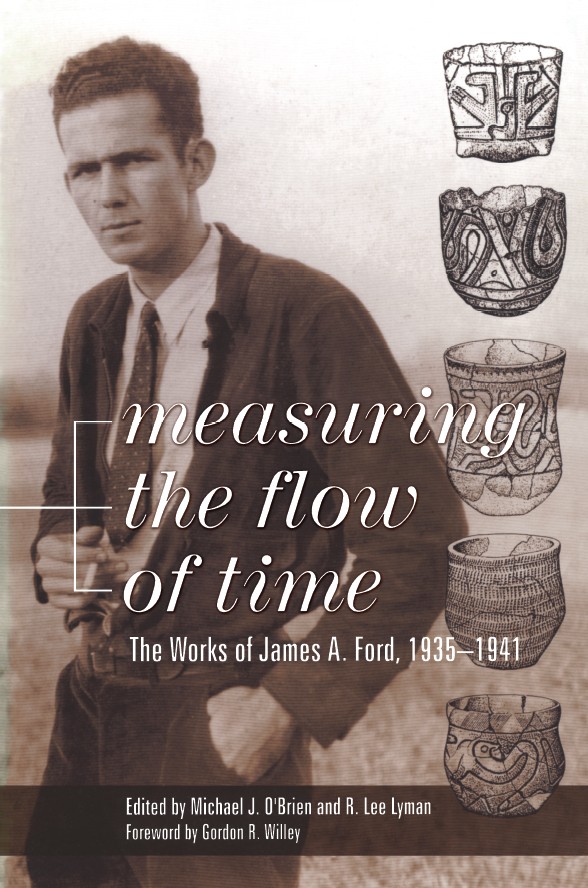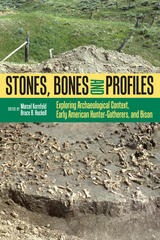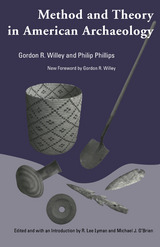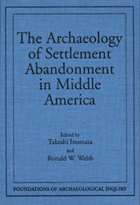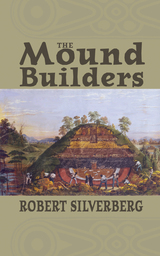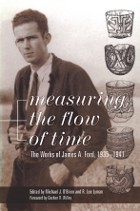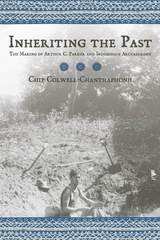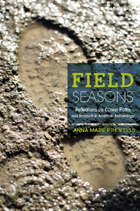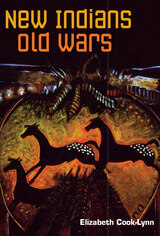eISBN: 978-0-8173-8366-4 | Paper: 978-0-8173-0991-6
Library of Congress Classification E76.45.F67O39 1999
Dewey Decimal Classification 973.07202
A Dan Josselyn Memorial Publication
This collection of Ford's works focuses on the development of ceramic chronology—a key tool in Americanist archaeology.
When James Ford began archaeological fieldwork in 1927, scholars divided time simply into prehistory and history. Though certainly influenced by his colleagues, Ford devoted his life to establishing a chronology for prehistory based on ceramic types, and today he deserves credit for bringing chronological order to the vast archaeological record of the Mississippi Valley.
This book collects Ford's seminal writings showing the importance of pottery styles in dating sites, population movements, and cultures. These works defined the development of ceramic chronology that culminated in the major volume Archaeological Survey in the Lower Mississippi Alluvial Valley, 1940-1947, which Ford wrote with Philip Phillips and James B. Griffin. In addition to Ford's early writings, the collection includes articles written with Griffin and Gordon Willey, as well as other key papers by Henry Collins and Fred Kniffen.
Editors Michael O'Brien and Lee Lyman have written an introduction that sets the stage for each chapter and provides a cohesive framework from which to examine Ford's ideas. A foreword by Willey, himself a participant in this chronology development, looks back on the origin of that method. Measuring the Flow of Time traces the development of culture history in American archaeology by providing a single reference for all of Ford's writing on chronology. It chronicles the formation of one of the most important tools for understanding the prehistory of North America and shows its lasting relevance.
See other books on: Anthropologists | Antiques & Collectibles | Archaeologists | Louisiana | Mississippi
See other titles from University of Alabama Press
